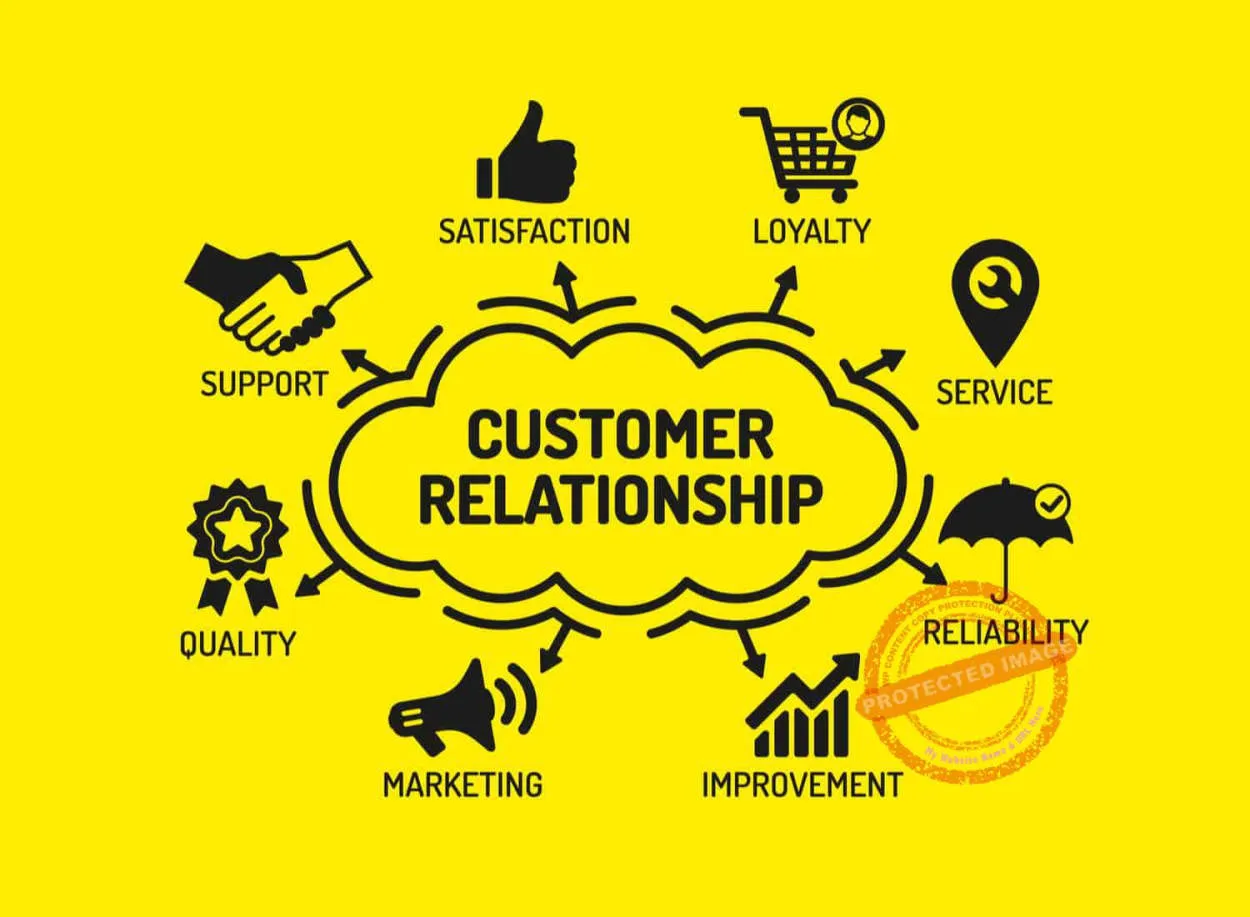Building strong customer relationships is crucial for the success of any business. By establishing trust, communication, and personalized experiences, businesses can create loyal customers who not only continue to support them but also advocate for their brand. In this article, we will explore effective strategies to develop and nurture long-lasting relationships with customers in today’s competitive market.
Understanding Customer Needs and Expectations
In order to build strong customer relationships in business, it is crucial to have a deep understanding of customer needs and expectations. By truly understanding what your customers want and expect from your products or services, you can tailor your offerings to meet their specific requirements, thereby increasing customer satisfaction and loyalty.
One way to uncover customer needs is through effective communication. Actively listen to your customers and engage in meaningful conversations to gain insights into their preferences, pain points, and desired outcomes. Use this information to develop targeted solutions that address their unique needs.
Additionally, conducting market research can provide valuable data on customer needs and expectations. Use surveys, focus groups, and other research methods to gather feedback and identify trends. This information will help you align your business strategies with the evolving demands of your target audience.
An important aspect of understanding customer needs is recognizing that they may change over time. Stay attuned to market dynamics, industry trends, and emerging technologies to anticipate and adapt to shifting customer expectations. Being proactive in addressing changing needs will help you stay ahead of the competition.
Furthermore, investing in customer relationship management (CRM) systems can streamline the process of understanding and meeting customer needs. These tools enable you to track customer interactions, analyze data, and personalize your approach. By leveraging CRM systems, you can ensure consistent and tailored experiences for your customers.
To summarize, building strong customer relationships in business requires a deep understanding of customer needs and expectations. By actively listening, conducting market research, staying adaptable, and utilizing CRM systems, you can effectively meet and exceed customer expectations, fostering long-term loyalty and success.
Creating Personalized Customer Experiences
In today’s competitive business landscape, building strong customer relationships is crucial for success. One effective way to achieve this is by creating personalized customer experiences. By tailoring your products, services, and interactions to meet the unique needs and preferences of your customers, you can foster a deeper connection and loyalty.
Personalization starts with gathering data about your customers. Utilize customer relationship management (CRM) software to track their purchasing behavior, interests, and preferences. This data will provide valuable insights into their buying patterns and help you better understand their needs.
Once you have the data, use it to deliver relevant and targeted marketing messages. Personalize your email campaigns, website content, and advertising to address each customer’s specific interests. By showing them that you understand their preferences, you can create a sense of exclusivity and make them feel valued.
Another key aspect of personalized customer experiences is providing exceptional customer service. Train your staff to engage with customers on a personal level and empower them to go above and beyond in meeting their needs. Encourage customer feedback and use it to continuously improve your products and services.
Personalization also extends to the overall customer journey. Ensure that every touchpoint, from initial contact to post-purchase support, is personalized. This includes personalized recommendations based on their past purchases and personalized follow-ups to show your appreciation for their business.
In conclusion, building strong customer relationships in business requires creating personalized customer experiences. By leveraging customer data, delivering targeted marketing messages, providing exceptional service, and personalizing the entire customer journey, you will enhance customer loyalty, satisfaction, and ultimately drive business growth.
Nurturing Long-Term Customer Loyalty
Building strong customer relationships in business requires a focus on nurturing long-term customer loyalty. This means going beyond one-time transactions and aiming to create lasting connections with your customers. Here are some strategies to achieve this:
-
Deliver exceptional customer service:
Providing outstanding customer service should be a top priority. Respond promptly to inquiries, address concerns, and go the extra mile to ensure customer satisfaction.
-
Create personalized experiences:
Treat each customer as an individual and tailor your interactions to their specific needs and preferences. Personalized experiences make customers feel valued and understood.
-
Build trust and reliability:
Be reliable in delivering products or services. Consistently meeting or exceeding customer expectations builds trust, which is crucial for long-term loyalty.
-
Seek feedback and act on it:
Encourage customers to provide feedback, whether positive or negative. Actively listen and use this input to improve your offerings and address any issues.
-
Offer loyalty programs:
Implement loyalty programs that reward customers for their repeat business. This can include discounts, exclusive offers, or special perks that incentivize them to stay loyal to your brand.
-
Maintain ongoing communication:
Regularly stay in touch with your customers through email campaigns, newsletters, or social media. This helps keep your brand top-of-mind and fosters a sense of community.
By focusing on nurturing long-term customer loyalty, businesses can create a solid foundation for sustainable growth and success.
Conclusion
In conclusion, building strong customer relationships is essential for the success of any business. By consistently delivering value and demonstrating genuine care, businesses can establish trust and loyalty with their customers. This can lead to increased customer retention, word-of-mouth referrals, and long-term business growth. It is important for businesses to prioritize customer relationships and invest in strategies that foster strong connections with their customers.




